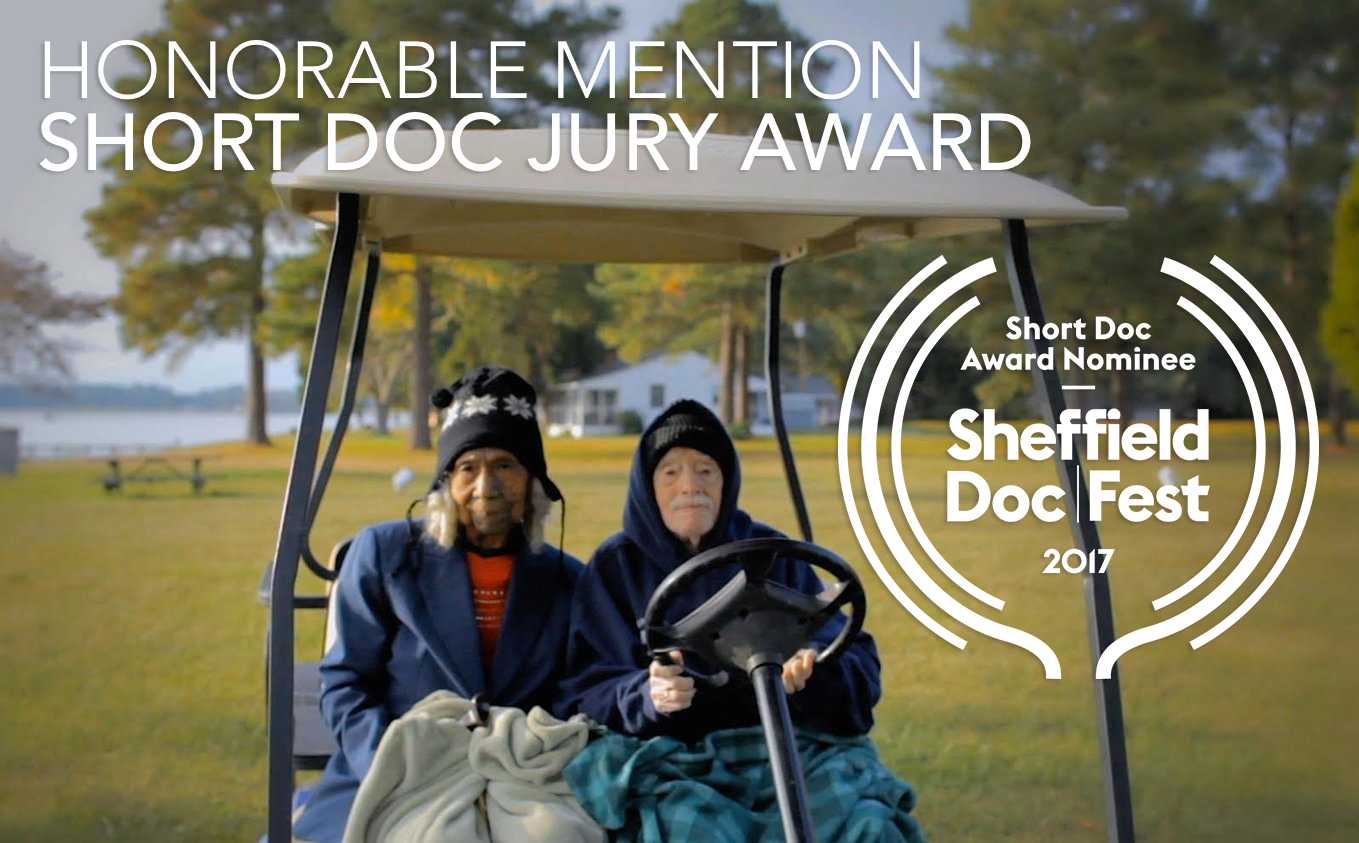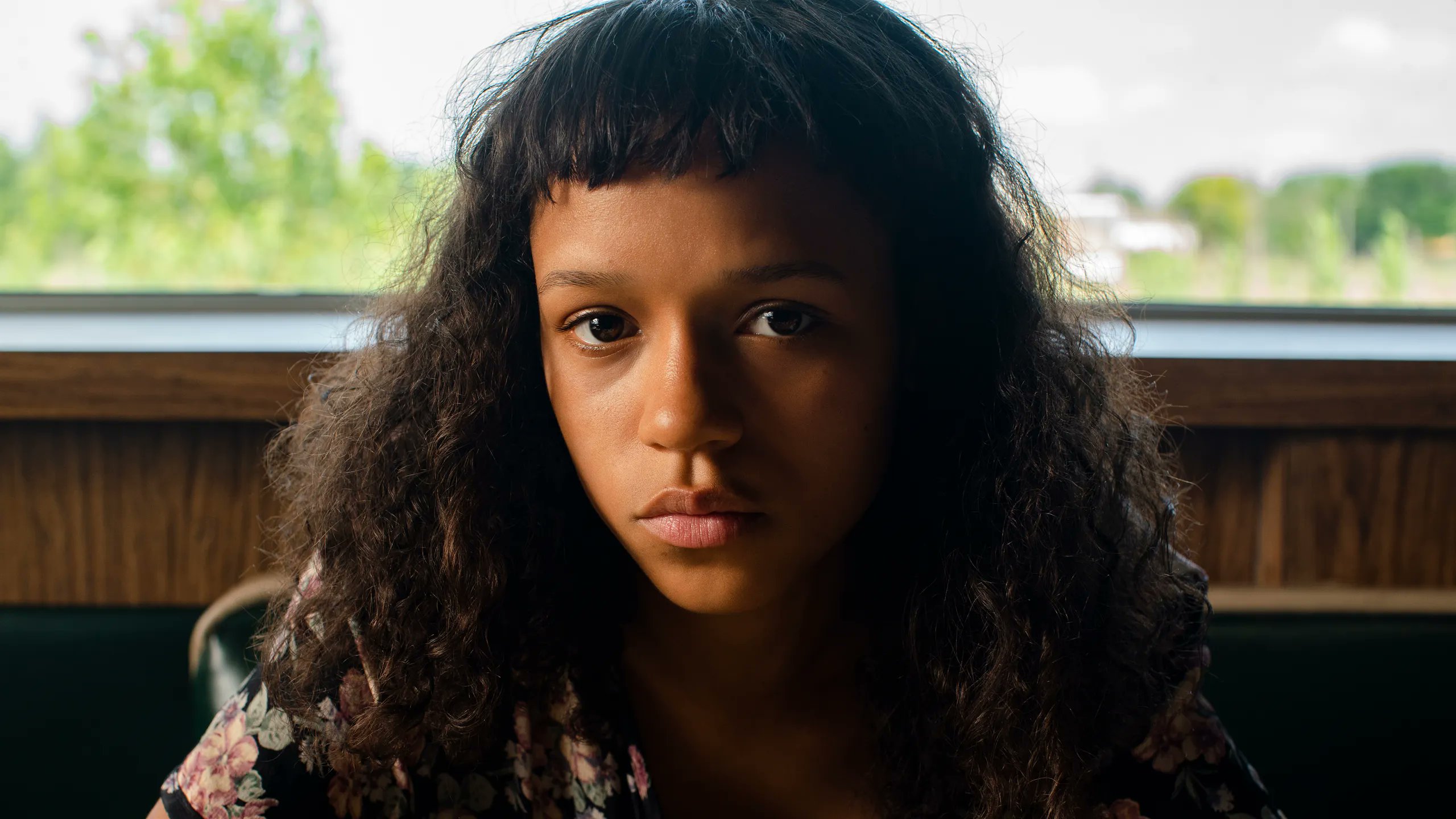
Sheffield Doc/Fest is every documentary junkie’s wet dream – from films about the secret lives of donkeys, to a profile on India’s most famous, 91 year old sexpert and a mixture of short and long-form content, there is certainly something to be found for everyone. Through extended Q&A’s, talks and workshops, the Doc/Fest provided an intimate way to connect not only with the films but also with their creators. Here are my favourite films from the festival:
Ask the Sexpert
Who says that at 91 you have to be a prudish in your attitudes to sex? Dr. Mahinder Watsa has been providing the people of India with sexual advice for decades – individuals write in for advice on how to increase their sex drive, tips on how to masterbate and even what to do when your wife prefers a banana to your penis.
Through an intimate insight into the inner workings of Dr. Mahinder Watsa’s daily column in India and the politics of sexual taboos – this documentary will leave you feeling warm about the man who has captured the hearts and minds of many, while providing plenty of giggles along the way.
Babe I hate go
Babe I hate to go follows Delroy, a migrant worker, who spends six months out of the year working in the Ontario tobacco belt in order to send money back to his wife and child in Jamaica. We soon discover the significance of Delroy’s trips – with each goodbye there is a strong chance he will not return.
Delroy is battling from a cancer so prominent that it visibly penetrates his chest – despite this and there being no other options to support his family, Delroy will complete this trip until he sadly passes away (something not revealed within the film but by its maker.) This film follows the intimate moments that Delroy shares with his family, coworkers and friends.
Full of laughter, mourning and plenty of sing-alongs to West Indian tunes, it’s not so much that we simply watch Delroy go on a journey as he comes to terms with the illness. Rather, due to the intimate nature of how the film is shot, it’s as though we become a part of his journey too.
Jaha’s Promise
Jaha Dukureh is a 25 year-old survivor of FGM who has made it her mission to start a conversation around an unspeakable subject. Not only does she work on the ground at a grass roots level, but she was also instrumental in the criminalisation of FGM in The Gambia.
Jaha knows how to speak and work with those so far removed from the cultural traditions in which FGM plays a part – making her a force to be reckoned with and a woman whose name we should be screaming from the rooftops. Jaha’s Promise is certainly a testament to what documentary film-making should be about – telling stories and following the experiences of those whose testimonies are seldom heard by wider society.
The personal is the political with Jaha and that is what sustains the narrative of the film – Jaha is from a conservative community in which 100% of its women and girls are cut at a very young age and by the end of the film we see Jaha convince her father (a well respected Imam) not to cut his newborn baby girl. Jaha’s campaign, her story and the work she continues to engage in provides a platform to those who may otherwise feel powerless.
Eddie and Edith
Eddie and Edith tied the knot at 96 and 95, making them America’s oldest newlyweds. What begins as a promising tale of love, romance and companionship against all odds descends into a complex and harrowing battle involving the realities of old age. But there is a third party present in Eddie and Edith’s relationship – legal guardianship.
Edith’s two daughters can’t agree on who should be awarded guardianship over Edith and therefore her possessions, which leads to an external individual taking on the role. Edith is then taken from her home in the middle of the night and moved to a different city, which has direct implications for Eddie’s health. This documentary provides a beautiful and harrowing insight into the life of one of America’s most remarkable couples. There wasn’t a dry eye in the house.
Strong Island
Strong Island follows the violent death of the director’s Brother and the inaction and cover-ups by authorities that ensued. An account of a particularly harrowing set of events, just a few minutes into Yance Ford’s Strong Island and it asks for anyone who isn’t ready to feel uncomfortable, to leave. This sets the tone for what is an unapologetic exploration of social injustice in America through the lives of one family. Through being both director and subject within the film, Yance takes us on a journey of exploration, of history and ultimately tragedy.
Through centring the film on the family’s accounts – the complex ways in which they understood and loved each other, their mother’s battle for justice, the ways in which they protected each other, grieved silently and in exploring the effects of dealing with such trauma – Yance has produced a complex film able to grapple with the many layers of injustice.
Not only is the subject matter haunting in itself, but the beautiful, cinematic way in which the images have been captured and the deliberate choice of intertwining the music that their family would have been listening to at the time with more traditional movie sound effects, all come together to create something that will leave you thinking and digesting for days on end.
Step
Amanda Lipitz’s Step follows a group of high school girls on the precipice of adulthood as they embark on their journey to get to college. Despite exorbitant US college fees and dealing with their own personal battles behind the scenes – these girls display an unwavering amount of strength and resilience in their determination to be the first in their families to get to college.
Perhaps, even more importantly – Step provides a complex and layered portrayal of the lives of black girls – something that we rarely see in film and TV. Set in Baltimore, the film does explore political tensions and the brutality levelled against black bodies – but ultimately the film is centred around the pressures of school and family life. Through their step team ‘The Lethal Ladies’ these girls get together and express themselves in a way that may not be possible through other means. After the screening there were looks exchanged from black girls across the cinema – finally a positive story about young black women (which places this film firmly as my favourite from the festival!)









